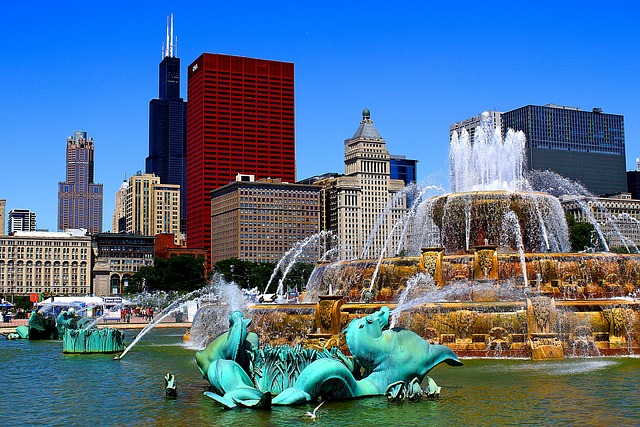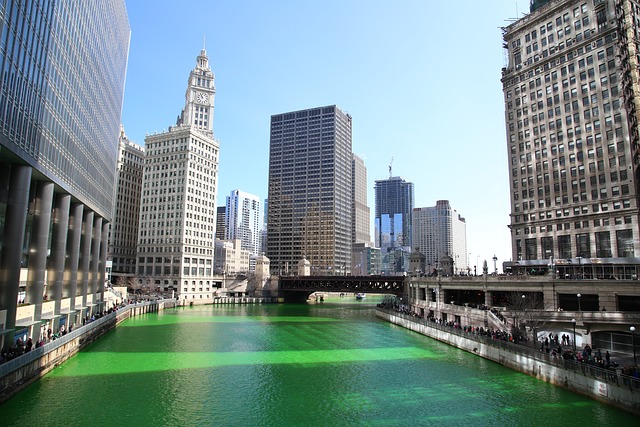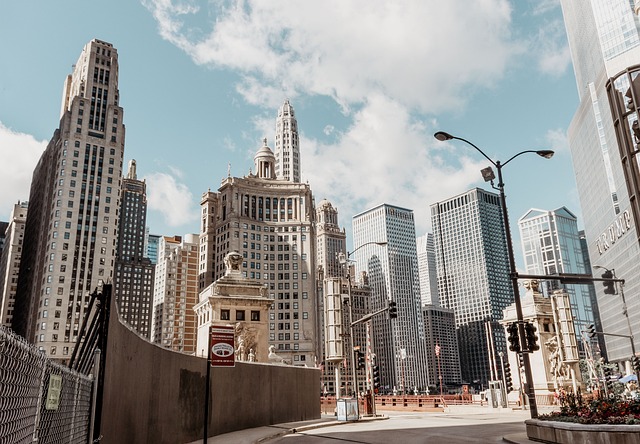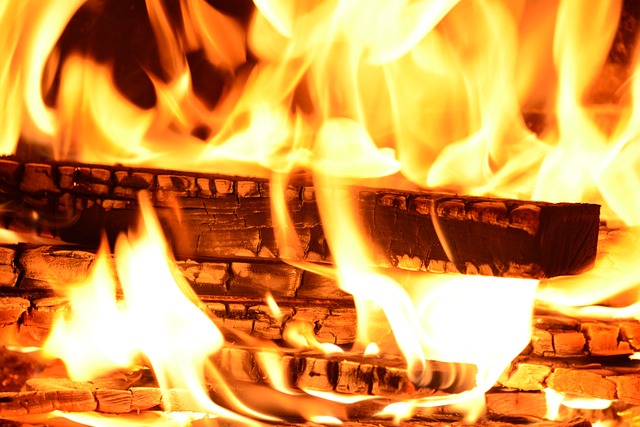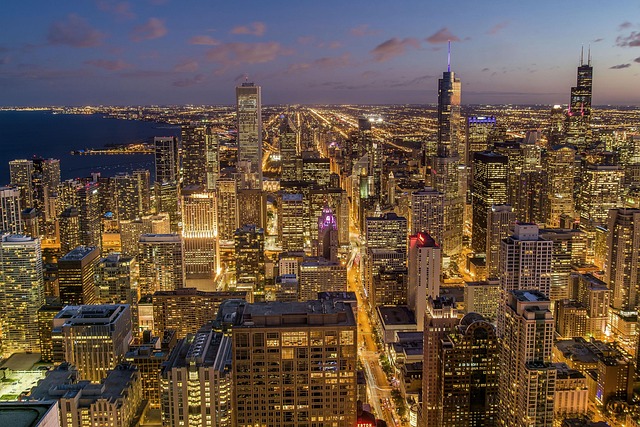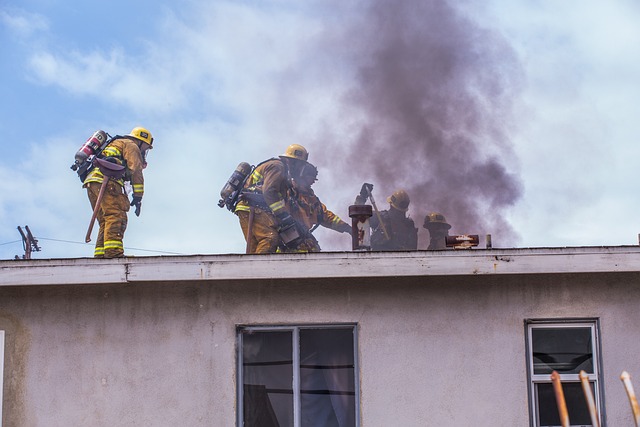Smoke damage from wildfires or cooking incidents is common in Chicago homes, affecting health and property value. To sell a home with fire damage, thorough remediation involving professional cleaning and decontamination is essential to eliminate odors and particles, restore appeal, and ensure safety for buyers. Homeowners should inspect visible evidence of damage, prioritize repairs according to a five-step process, navigate legal considerations and insurance claims, and comply with Illinois laws to increase the property's value and facilitate sale in the competitive Chicago real estate market. Key keywords: how to sell a house with fire damage Chicago.
Smoke damage from fires is a common issue in Chicago homes, impacting property values and residents’ health. Understanding the scope of smoke damage and knowing how to remediate it effectively is crucial for Chicago property owners looking to sell their homes. This comprehensive guide covers everything from assessing damage and legal considerations to insurance claims, ensuring you’re prepared to navigate the process smoothly and increase your home’s resalability after fire damage in Chicago.
- Understanding Smoke Damage: A Common Issue in Chicago Homes
- Assessing the Extent of Fire Damage: What to Look For
- Step-by-Step Guide: Remediating Smoke and Fire Damage Effectively
- Legal Considerations and Insurance Claims for Chicago Property Owners
Understanding Smoke Damage: A Common Issue in Chicago Homes
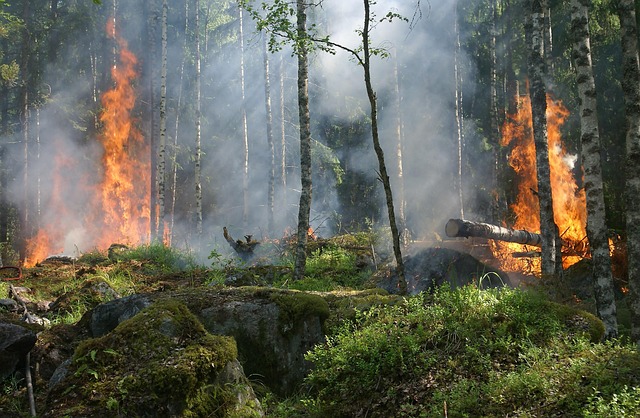
Smoke damage is a prevalent concern for homeowners in Chicago, often resulting from nearby wildfires or cooking incidents. When a fire occurs, it leaves behind not just charred structures but also incrusted smoke particles that can permeate walls, ceilings, and furniture. This residue, composed of a complex mix of chemicals, can have adverse health effects and significantly impact the resale value of a property, especially when selling a house with fire damage in Chicago.
Homeowners facing this issue often wonder how to sell a house with fire damage. The first step is thorough remediation, involving professional cleaning and decontamination to remove smoke odors and particles. This process not only restores the physical appearance of the home but also ensures the safety and health of potential buyers. Efficient remediation strategies can transform a smoke-damaged property into a desirable residence, attracting interested buyers in the competitive Chicago real estate market.
Assessing the Extent of Fire Damage: What to Look For
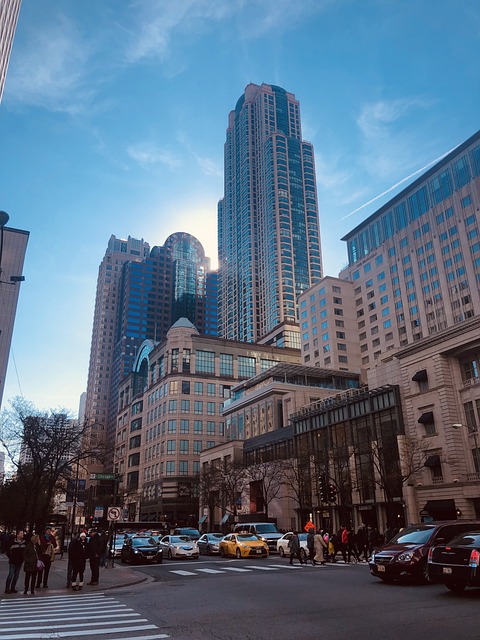
When it comes to assessing smoke damage in a property, especially after a fire in Chicago, it’s crucial to look for several telltale signs. Start by inspecting visible evidence like charred walls, ceilings, and floors. Look for discolored or peeled paint, as these can indicate where heat and smoke have affected the structure. Check for odours—a lingering smoky aroma could signal hidden damage.
Pay attention to areas that were closest to the fire source; these might show severe damage, including warped doors or windows, as well as melted or distorted electrical wiring. Keep an eye out for water damage too, as firefighters often use hoses, which can leave behind moisture and potential mould issues. These detailed observations will help determine the extent of repairs needed before putting your house on the market after fire damage in Chicago.
Step-by-Step Guide: Remediating Smoke and Fire Damage Effectively
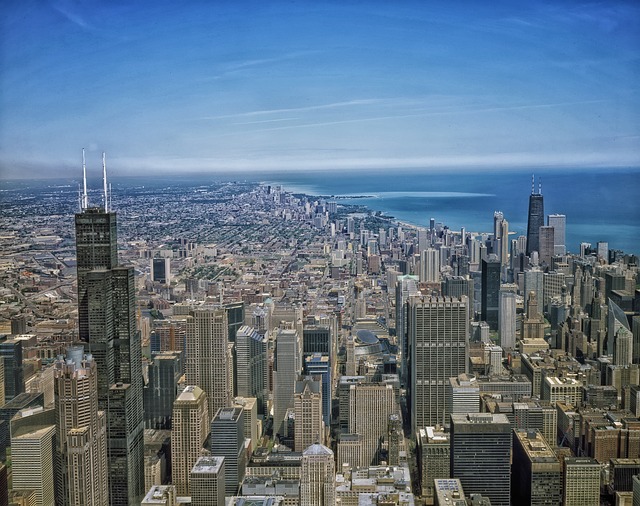
Selling a home with fire damage in Chicago can be a challenging process, but proper remediation is key to ensuring a successful sale. Here’s a step-by-step guide for effective smoke and fire damage remediation:
1. Containment and Safety: The first step is to ensure the safety of your family and future buyers. Contain the damage by shutting off utilities and removing any hazardous materials or contaminated items. Use protective gear when entering affected areas due to potential health risks from toxic fumes.
2. Professional Assessment: Engage the services of a licensed restoration company to assess the extent of the damage. They will evaluate structural integrity, identify hidden damage, and provide a detailed plan for remediation—crucial information that potential buyers will want to see.
3. Remediation Process: The restoration process involves several steps:
– Dehumidification: Remove moisture from the air and affected areas to prevent mold growth.
– Cleansing and Deodorizing: Use advanced equipment to eliminate odors caused by smoke and charred materials.
– Structural Repair: Fix or replace damaged structures, ensuring everything meets safety standards.
– Restoration: This includes repainting, refurbishing, or replacing items as needed to restore the property to its pre-damage condition.
4. Documentation: Keep detailed records of all remediation work performed. This documentation will be essential when selling the house and can help buyers understand the care taken to address the fire damage.
5. Market Preparedness: Once the home is remediated, consider staging to make it more appealing to potential buyers. Highlight the benefits of a fresh start in a safe, restored home.
Legal Considerations and Insurance Claims for Chicago Property Owners
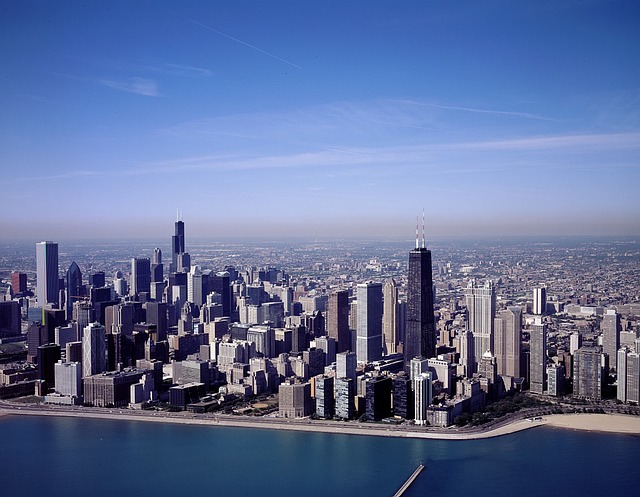
When dealing with smoke damage in your Chicago property, understanding legal considerations and insurance claims is crucial for a smooth remediation process. As a property owner, it’s important to know that fire damage repairs often involve complex legal and financial aspects. The first step is to assess the extent of the damage and document it thoroughly, as this will be essential when filing an insurance claim or seeking legal advice if needed.
In Chicago, property owners should review their home insurance policy to understand coverage for fire and smoke damage. Many policies include provisions for such scenarios, but the level of coverage can vary. When selling a house with fire damage, ensuring that all necessary repairs are made not only enhances the property’s value but also aligns with legal requirements in Illinois. This process may involve coordinating with insurance providers, hiring licensed professionals for remediation, and adhering to local building codes and regulations.
When dealing with smoke damage remediation in Illinois, especially in Chicago homes, understanding the process is key. From assessing the damage to navigating legal considerations and insurance claims, property owners can effectively remediate issues and increase their home’s resale value. By following a step-by-step guide and being aware of local regulations, Chicago residents can ensure their home is restored safely and efficiently, even after fire or smoke damage, making it an attractive option for potential buyers in the future.
